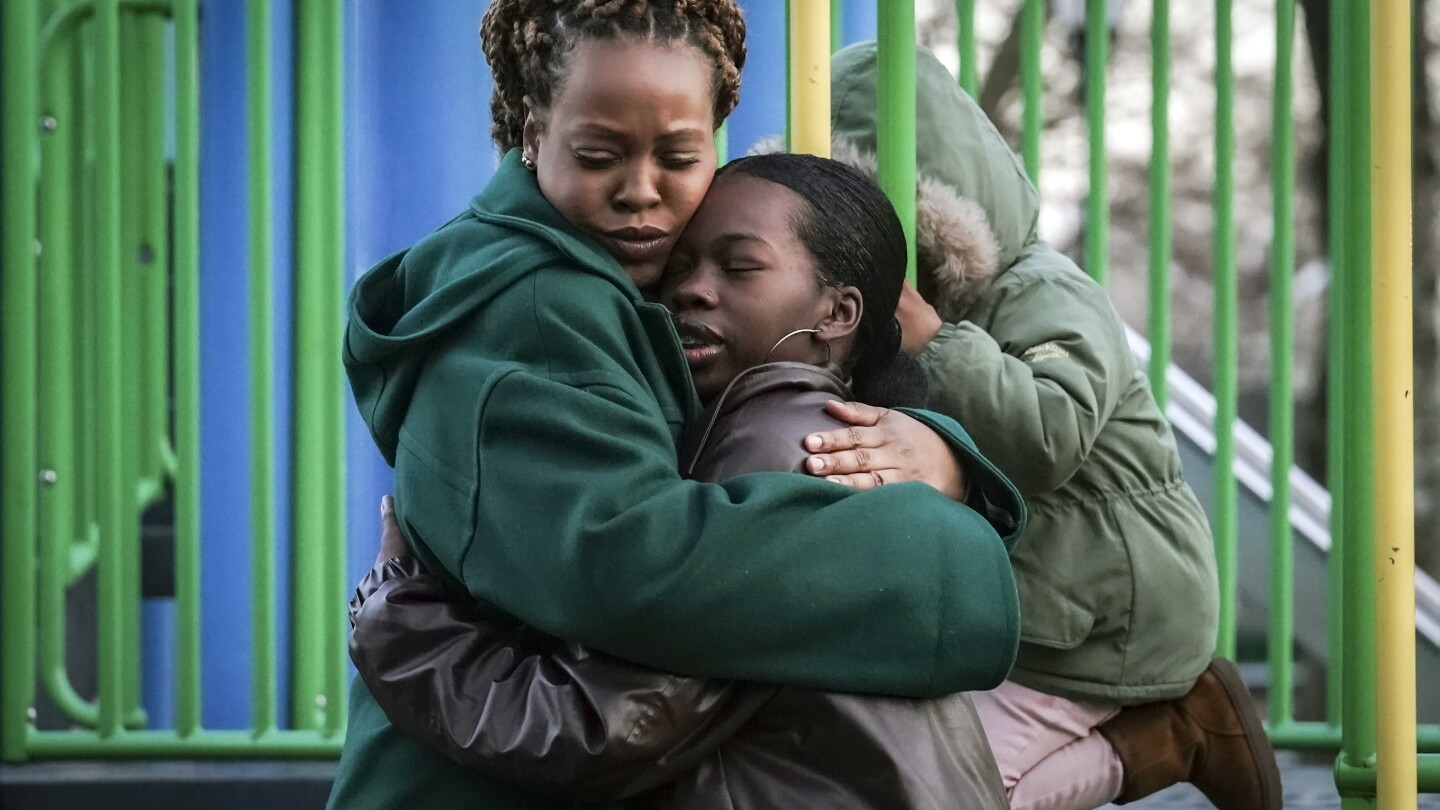Derry Oliver was in fifth grade when she first talked to her mom about seeing a therapist.
She was living in Georgia with her brother while her mom was in New York scoping out jobs and apartments ahead of moving the family. It was a rough year apart. Oliver, now 17, was feeling depressed. A school staffer raised the idea of a therapist.
Oliver’s mom, also named Derry Oliver, questioned the school’s assessment and didn’t give consent for therapy. “You’re so young,” the mom recalled thinking. “There’s nothing wrong with you. These are growing pains.”
The issue boiled over again during the COVID-19 pandemic when the younger Oliver, struggling with the isolation of remote learning, reached out to her Brooklyn high school for help. School-based mental health professionals like social workers can provide some counseling without parent permission. But in New York, referring a student to more intensive therapy almost always requires a parent’s agreement. In Oliver’s case, that led to more conflict.
…
As schools across the country respond to a youth mental health crisis accelerated by the pandemic, many are confronting the thorny legal, ethical, and practical challenges of getting parents on board with treatment. The issue has become politicized, with some states looking to streamline access as conservative politicians elsewhere propose further restrictions, accusing schools of trying to indoctrinate students and cut out parents.
Differing perspectives on mental health aren’t new for parents and kids, but more conflicts are emerging as young people get more comfortable talking openly about mental health and treatment becomes more readily available. Schools have invested pandemic relief money in hiring more mental health specialists as well as telehealth and online counseling to reach as many students as possible.



In the US, when using insurance, a preliminary diagnosis is usually required on the first visit in order for the claim to be approved.
Many therapists not submitting to insurance don’t bother with a diagnosis, however some will still diagnose regardless. Additionally, if a patient requests a diagnosis for various reasons, they may give one.
There are restrictions as to which level/license can be allowed to diagnose, usually specific diagnoses are restricted however certain insurances (especially government insurance plans, like Medicare and Medicaid) will not allow certain licenses to diagnose.
For example, an LMFT (licensed marriage and family therapist) may not be allowed to diagnose A if the patient uses Medicare but a LPC (licensed professional counselor) is (I might have those backward). Still other diagnoses require more advanced degrees (usually a PsyD/PhD aka psychologists) to run the tests required for said diagnosis.
It also depends on the setting. In a hospital setting, usually the psychiatrist (MD/DO) will diagnose while the therapist will not.